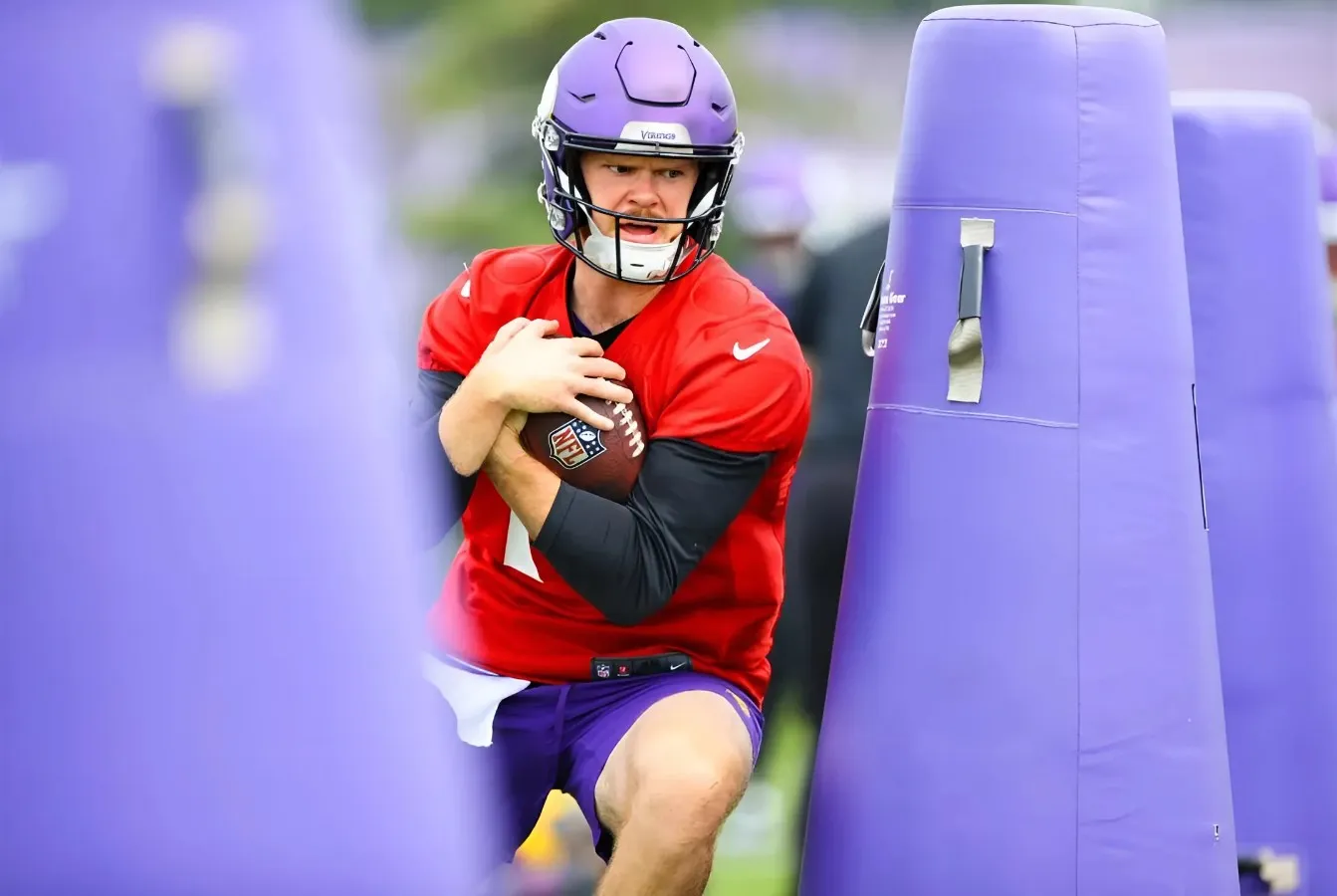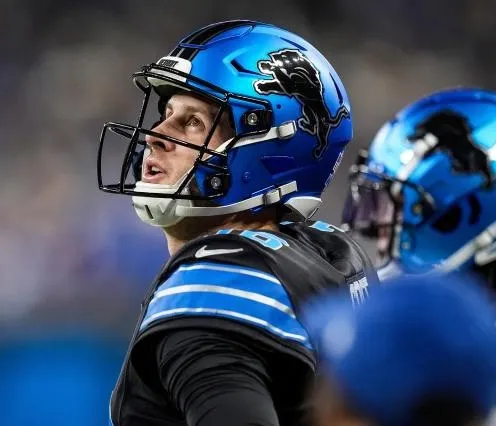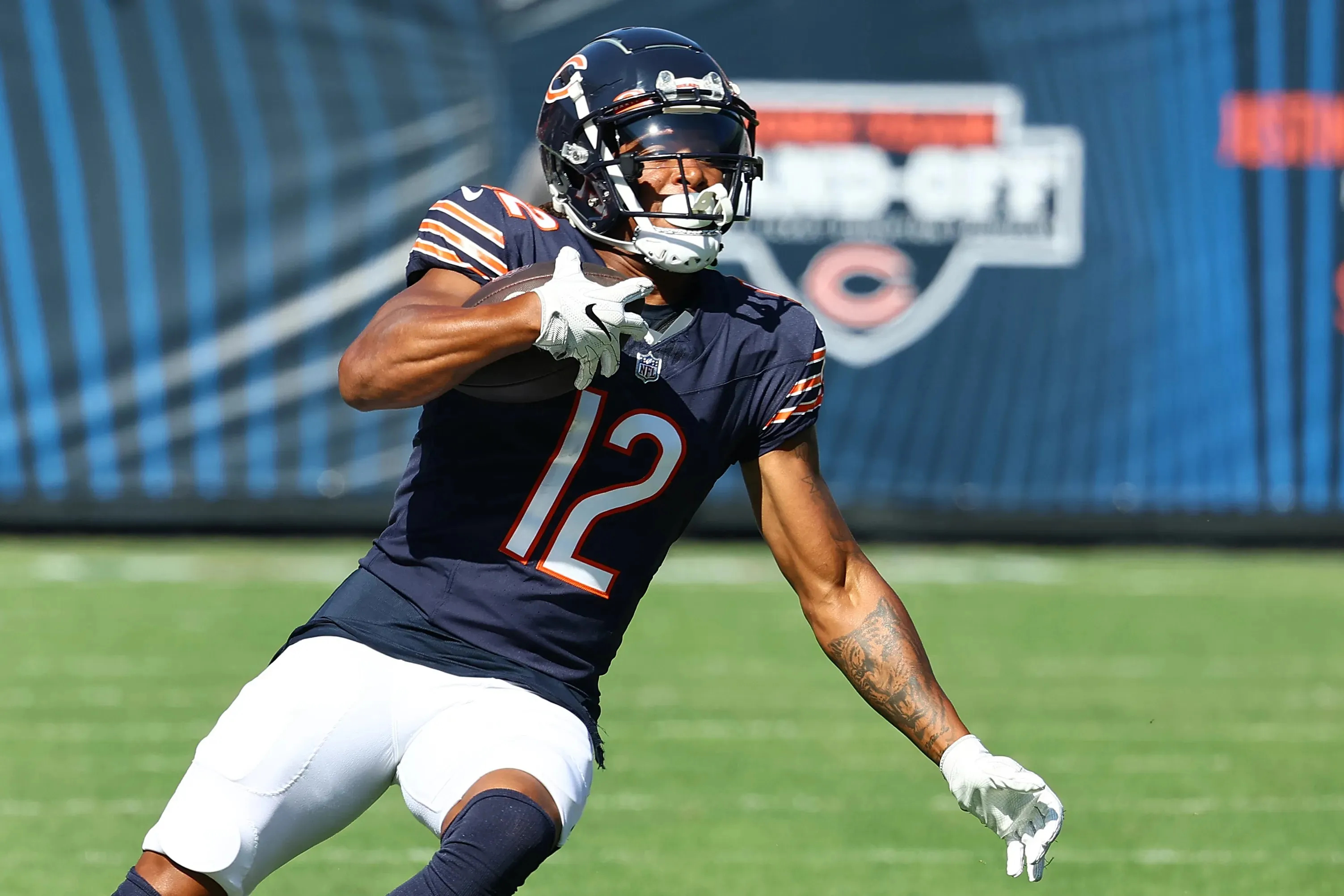The Green Bay Packers made a difficult decision this offseason by releasing running back Aaron Jones.

For fans, it was painful to see Jones go as he was a pillar in the community and one of the team’s most enjoyable players to watch. It was even more painful to see him sign with their NFC North rival, the Minnesota Vikings.
Recently, general manager Brian Gutekunst talked to "Cheesehead TV" about what went down between the organization and Jones. He revealed that Green Bay had no intention of releasing Jones when the offseason began, but that they felt they had to when he would not take another pay cut to stay with the Packers.
Jones ended his time in Green Bay as the franchise’s third all-time leading rusher with 5,940 yards. He also ranks fourth all-time in team history with 45 rushing touchdowns. His 61.2 yards per game ranks seventh.
One of the things Gutekunst stated factored into the Packers’ decision to release Jones was the fact that they became involved in free agency situations that they did not anticipate being able to be a part of. One of these, presumably, was their signing of 2022 NFL rushing leader Josh Jacobs.
Based on his 2022 season in which he ran for 1,653 yards, and the fact that he is four years younger than Jones, many viewed the move (as unfortunate as it was) as an improvement to Green Bay’s backfield. However, Alex Ballentine of Bleacher Report is not so sure.
He writes:
“But it shouldn’t be assumed that Jacobs is going to be an upgrade on the field.
“Over the last five years, Jones has averaged `1,324 total yards and 10 touchdowns for the Packers. He has worked as the team’s primary threat out of the backfield while also splitting the carries in some form with Jamaal Williams and then AJ Dillon.
“Jacobs was dominant in the 2022 season, racking up 2,053 total yards and 12 touchdowns while earning All-Pro honors.
“The more realistic expectation is for Jacobs to hit something close to Jones’ five-year average stat line. There’s too much talent in the backfield and in the passing game for Jacobs to get back to his biggest career numbers.”
Now, the stats that Ballentine shared are rather eye-opening, and a deeper dive into both Jones’ and Jacobs’ stats over the last five seasons are rather telling.
As Ballentine states, Jones averaged 1,342 all-purpose yards and 10 total touchdowns per year over the last five seasons. One would assume that Jacobs, being a one-time NFL rushing champion, would have better numbers.
But he doesn’t.
In his past five season, which includes his All-Pro 2022 season, Jacobs averaged 1,398 all-purpose yards and nine total touchdowns per year. As one can see, he averaged just 56 yards more per year and one less touchdown.
Those differences come down to less than five fewer yards per game.
However, the major difference between the two is in how many carries they had. During the last five season, Jones carried the ball 963 times. Jacobs carried the ball 1,305 times.
In other words, Jones was far more efficient with his carries than Jacobs.
The big question, in light of these numbers, is whether or not Jacobs can be as efficient as Jones was in Green Bay. While the numbers may suggest that he will not, one must remember that there are other things to consider.
First, Jacobs was the focal point of the Raiders’ offense; Jones was not in Green Bay. Defenses could plan on Jacobs getting a heavy workload when they played Las Vegas because their quarterback play was average at best and poor at worst. In Green Bay, opposing defenses had to plan for either Aaron Rodgers or Jordan Love.
There is also the head coaching factor to consider. Jones had (and Jacobs will have) the benefit of playing in a Matt LaFleur offense that preserves running backs over the course of a season. Jacobs played for four different head coaches in five years.
Finally, there is the factor of run blocking. While the Packers have drawn criticism from fans and analysts over the years for not being the best run blocking team, they have finished with a higher PFF run blocking grade than the Raiders in three of the past five years. In other words, Jones had more room to work with because of the team around him.
Jacobs may not be a serious upgrade over Jones based on his past production, but he is also in a much better situation now. With a better offense around him, Jacobs could be exactly what the Packers need him to be.



